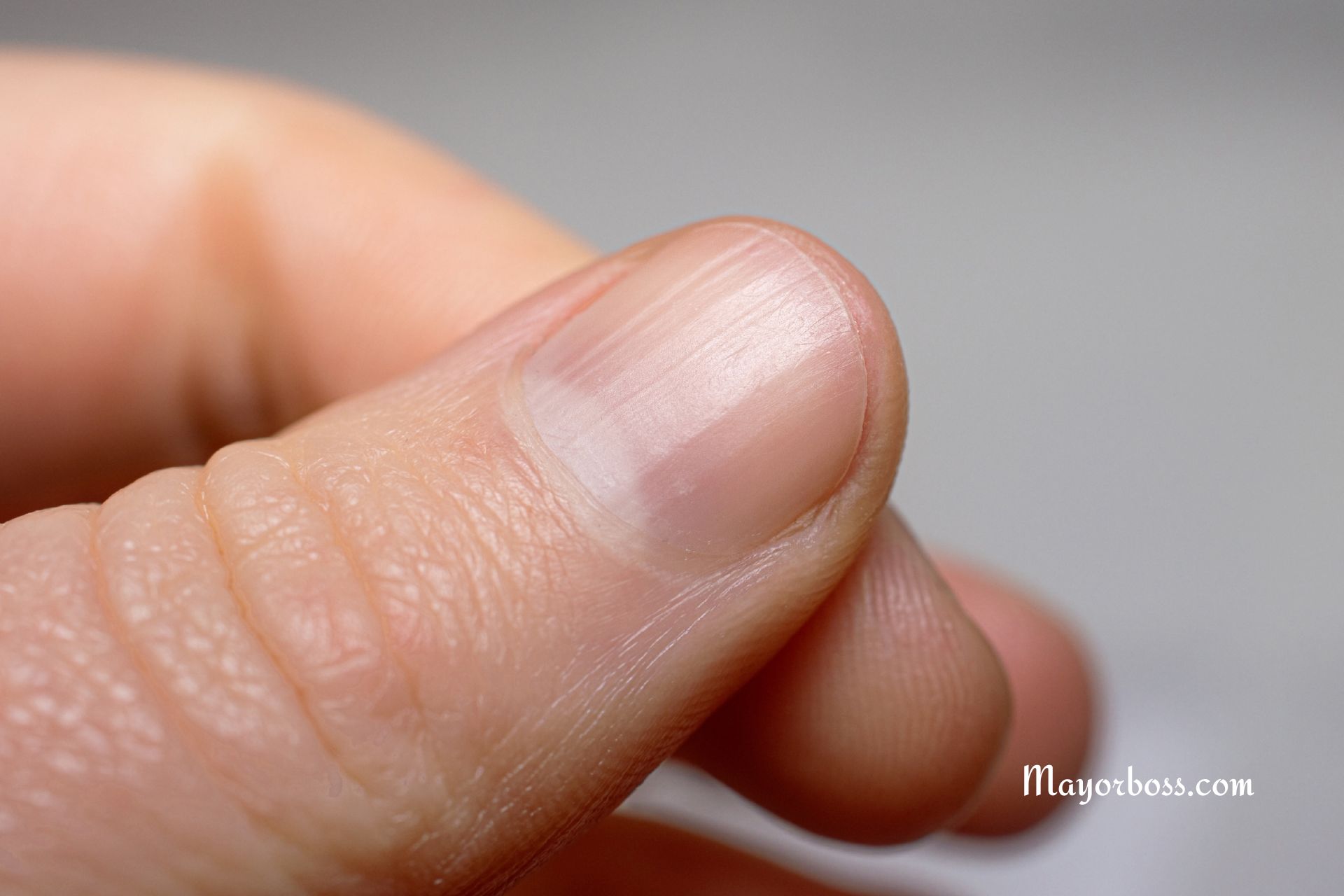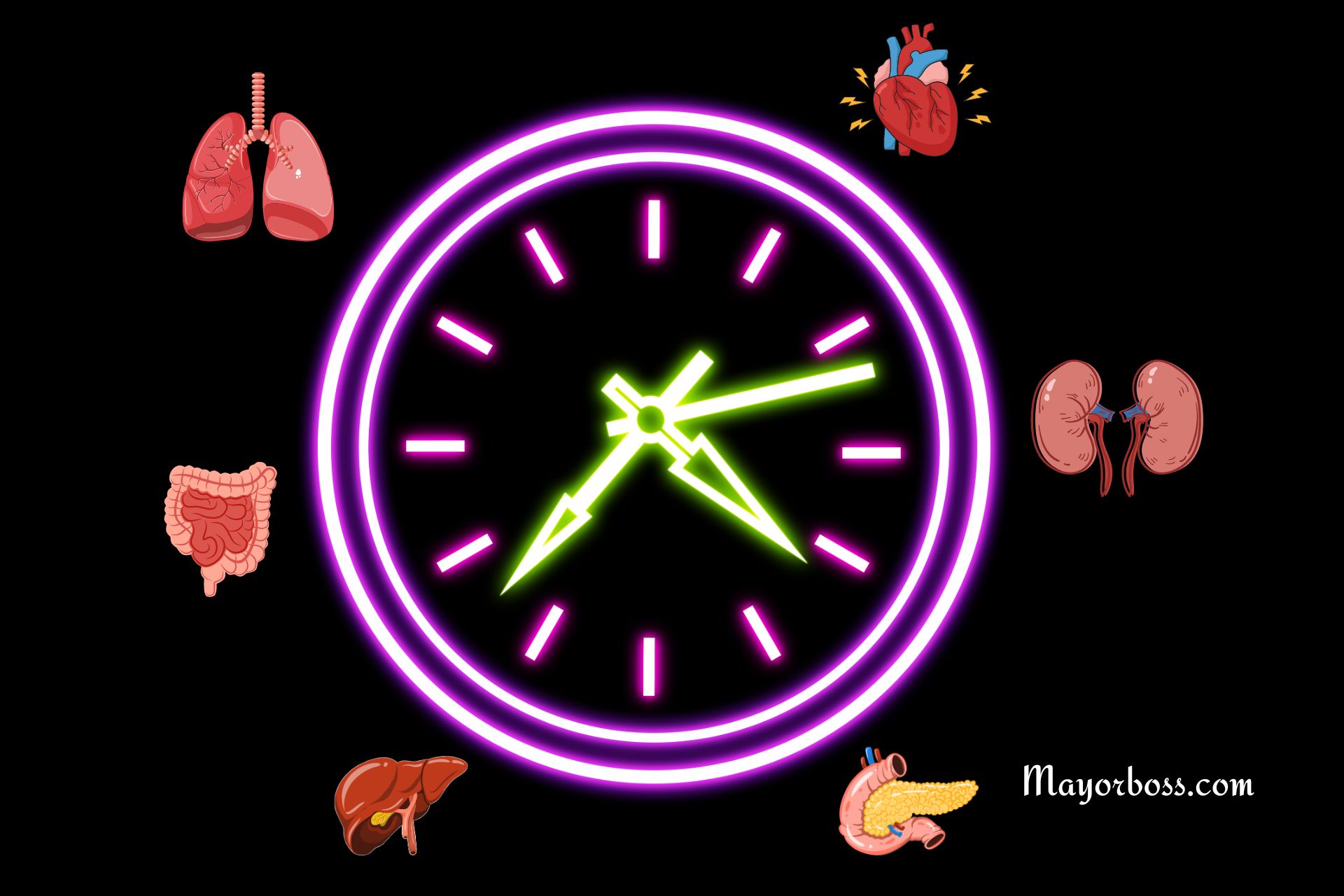7 Ways Your Body Warns You of Thyroid Problems
Ever wondered why your energy levels have plummeted or why you’re suddenly feeling the chill even on a warm day? Your thyroid could be the culprit! This small, butterfly-shaped gland in your neck plays a huge role in regulating your metabolism, energy, and overall well-being. But how do you know if it’s out of whack? Here are seven signs that your body is sounding the alarm about thyroid problems.

1. Unusual Weight Changes
Have you been eating the same but finding your clothes fit differently? Unexplained weight gain can be a signal of hypothyroidism, where your thyroid isn’t producing enough hormones. Conversely, if you’re dropping pounds without trying, it could be hyperthyroidism, where your thyroid is in overdrive.
2. Feeling Tired or Overly Energized
Are you exhausted even after a full night’s sleep? This fatigue could mean your thyroid isn’t doing its job properly, slowing down your body’s energy production. On the flip side, if you’re feeling unusually wired or jittery, your thyroid might be pumping out too many hormones.
3. Mood Swings and Mental Fog
Is it hard to concentrate, or are you feeling down for no apparent reason? The thyroid’s hormones significantly impact your brain function. Hypothyroidism can lead to depression and foggy thinking, while hyperthyroidism might cause anxiety and restlessness.
4. Changes in Hair and Skin
Is your hair thinning or falling out? Are you noticing dry, scaly skin? These can be telltale signs of hypothyroidism. The lack of thyroid hormones can slow hair growth and change your skin’s texture.
5. Sensitivity to Temperature
Feeling cold when everyone else is comfortable? Hypothyroidism can make you more sensitive to cold temperatures. On the other hand, if you’re always hot and sweating more than usual, it could be hyperthyroidism turning up your body’s thermostat.
6. Irregular Heartbeat
An unusual heartbeat can be alarming. A slow heartbeat might indicate hypothyroidism, while a fast or irregular heartbeat could be a sign of hyperthyroidism. These symptoms should prompt a visit to your healthcare provider.
7. Changes in Menstrual Patterns
For women, irregular or heavy menstrual periods can be a sign of hypothyroidism. Light or infrequent menstruation might point to hyperthyroidism. These changes are because thyroid hormones play a huge role in regulating the menstrual cycle.
Frequently Asked Questions
Q: Can thyroid problems be cured?
A: While some thyroid conditions are permanent and require lifelong management, treatments can effectively control symptoms and restore hormone balance. Medications, lifestyle adjustments, and, in some cases, surgery can be part of the treatment plan.
Q: How is a thyroid problem diagnosed?
A: A simple blood test measuring levels of thyroid-stimulating hormone (TSH) and thyroid hormones (T3 and T4) can diagnose thyroid disorders. Your doctor might also order imaging tests or a thyroid ultrasound.
Q: Are certain people more at risk for thyroid problems?
A: Yes, thyroid disorders are more common in women and tend to run in families. Age, autoimmune diseases, and certain medications also increase the risk of developing thyroid issues.






